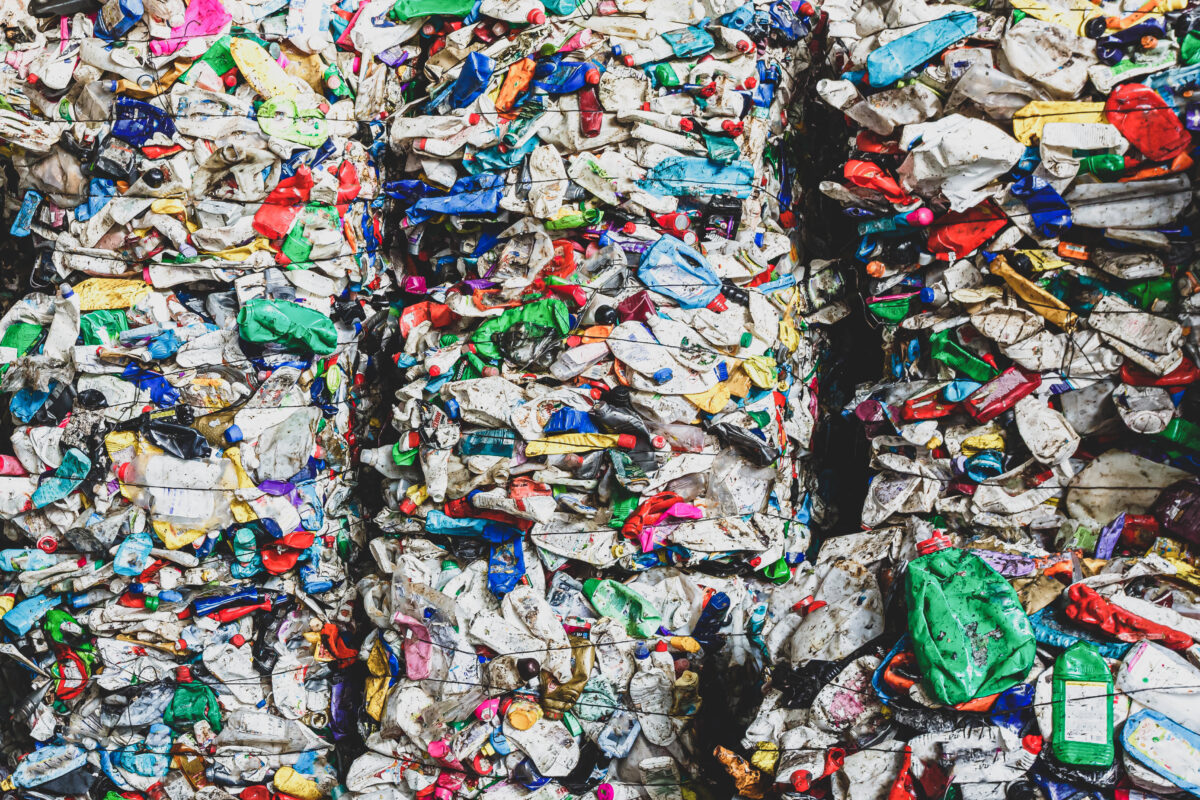This project is a feasibility study to evaluate the technical and economic potential of increasing circularity for complex plastic waste through pyrolysis.
Currently, only about 10% of the plastic consumed in Sweden is recycled into new plastic products. As a result, the plastics industry remains largely linear and dependent on imported fossil-based raw materials. Today’s mechanical recycling methods are limited—both in terms of how many times polymers can be mechanically reused, and in how effectively certain plastic streams can be sorted and purified.
To achieve a higher degree of circularity and improve self-sufficiency and resilience, mechanical recycling must be complemented by alternative methods.
This low recovery rate underscores a persistent challenge: Sweden’s plastics industry remains largely linear and heavily reliant on imported fossil-based feedstocks. While mechanical recycling methods are well established, they require high-quality, well-sorted input materials and inherently lead to polymer degradation over time. This limits their effectiveness and longevity within a truly circular material system.
To build a genuinely circular plastics economy, it is clear that complementary technologies must be introduced. Among these, chemical recycling via pyrolysis stands out. It enables the breakdown of plastic polymers into basic hydrocarbons that can be used to manufacture new plastics—with quality on par with virgin materials. Importantly, pyrolysis can handle mixed and contaminated plastic streams, opening the door to recycling fractions that are currently landfilled or incinerated.
At SÖRAB’s post-sorting facility in Brista, mixed waste is separated and plastics are extracted. However, around 50% of the plastic content is not recovered and is instead incinerated for energy recovery—resulting in fossil CO₂ emissions. This represents a major untapped opportunity.
Through this project, we aim to demonstrate how pyrolysis-based chemical recycling can significantly increase the recycling rate of plastics and enable the recovery of previously unusable plastic fractions. By integrating such a system with SÖRAB’s existing infrastructure, and through collaboration with leading partners in energy, materials, and process technology, the project sets out to validate a scalable, economically viable pathway toward low-carbon, high-quality circular plastic production.
This work builds on a clear premise: that the future of the plastics industry lies in diversifying recycling strategies, shifting away from energy recovery and toward value-preserving, circular material flows. By doing so, Sweden can reduce its dependency on fossil imports, lower CO₂ emissions, and strengthen its position as a leader in sustainable materials innovation.
This system demonstrator for chemical recycling brings together a strong consortium of partners:
BioShare, the project lead, is a technology development company with deep competence in project development and pyrolysis system design and is responsible for the overall technical process concept.
Sörab provides post-sorted plastic waste and expertise in waste management.
Stockholm Exergi serves as the host for a future pyrolysis plant and currently receives waste streams that may be impacted by the outcomes of the project.
Chalmers University of Technology contributes cutting-edge expertise in thermochemical conversion of polymers.
Borealis, a global leader in sustainable solutions for polyolefins, is the intended recipient of the recycled material.

